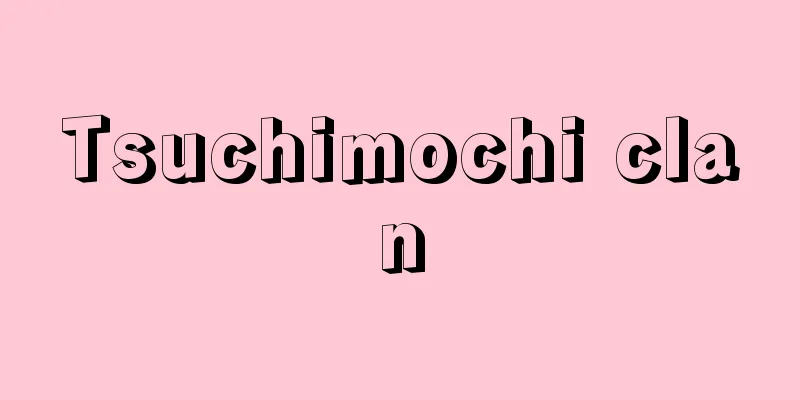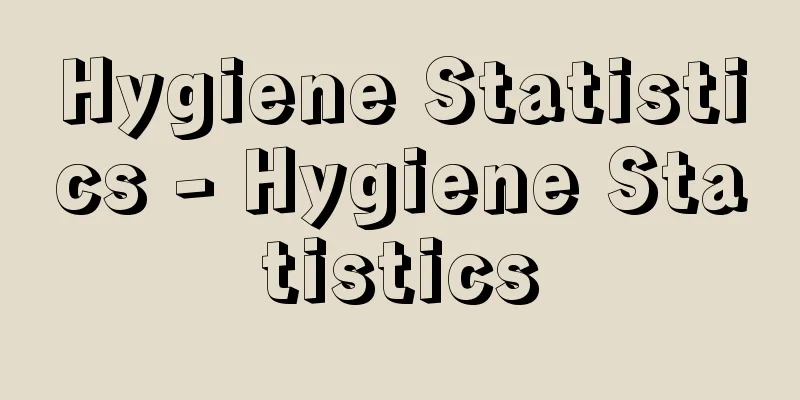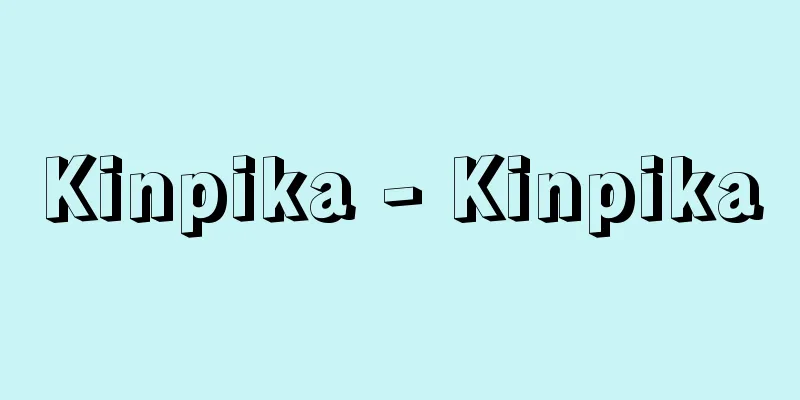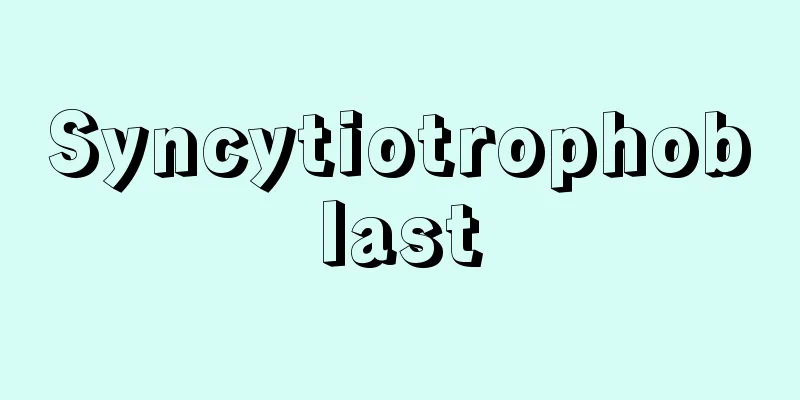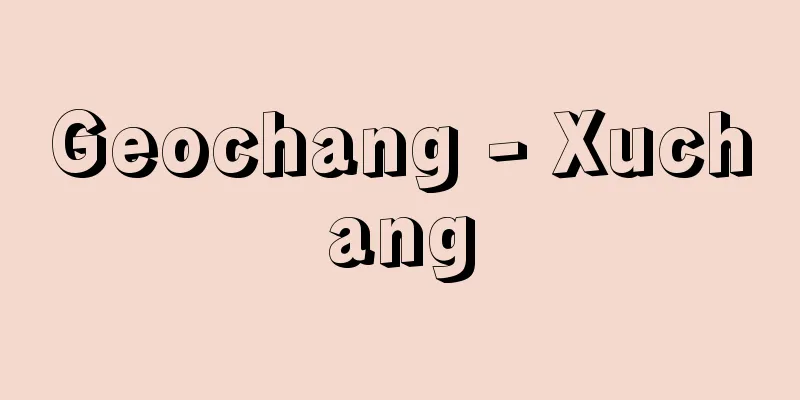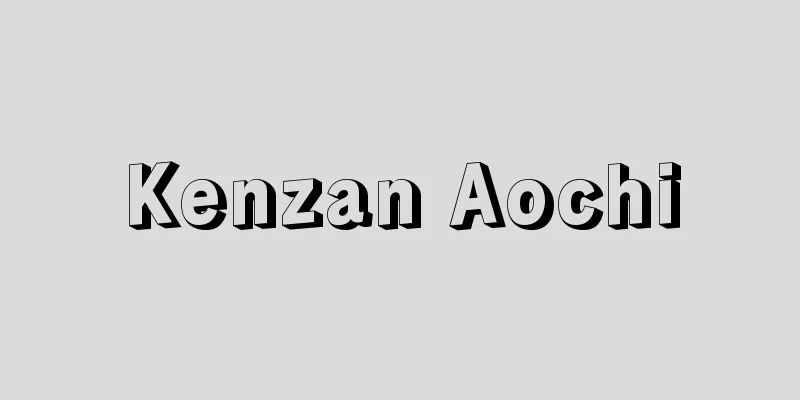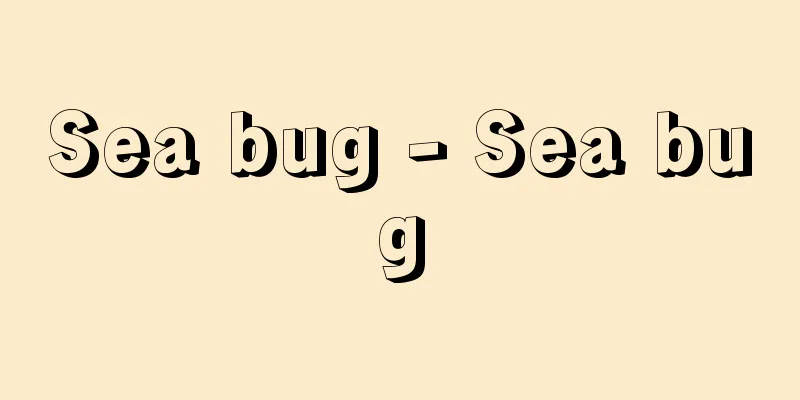Missing character - missing character

|
When the name of an emperor or noble person appears in a sentence, one or two characters of space should be left above the name as a sign of respect. This is a custom that has been practiced since ancient times in China, and was followed in Japan as well. In addition, to avoid having a respectful word appear in the middle of a sentence, the practice of starting a new line with the word and writing it at the beginning of the line is called heishutsu. Source : Heibonsha Encyclopedia About MyPedia Information |
|
文章中に帝王あるいは貴人の名が出たとき,これを尊敬して名の上に1字あるいは2字程度の余白をあけること。中国で古くから行われた風習であるが,日本でもこれにならって行われた。なお,敬意をはらう語が文章の中途になるのを避けるため,その語をもって改行して行頭に書くことを平出(へいしゅつ)という。
出典 株式会社平凡社百科事典マイペディアについて 情報 |
>>: Financial statement - kessanhokokusho
Recommend
Hayato stone
These stone structures are located at the tomb of ...
Elat
...The southernmost port city of Israel facing th...
Pistoia (English spelling)
The capital of the province of Pistoia in Tuscany,...
Gomberg, M.
…In the Wittig reaction, the intermediate ylide p...
Rent - penis
In ancient Japan, there was a system of leasing f...
Ibadan - Ibadan (English spelling)
Oyo is the capital of Oyo State in western Nigeri...
Speare, EG (English spelling)
…Since the 1960s, there have been various attempt...
Iroe - Iroe
...Among the Hayashigoto kodan, which consists of...
Kanjoboku - Kanjoboku
...This refers to trees that are considered sacre...
《Akogi no Heiji》 - Akogi no Heiji
…The authors of “Tamuramaro Suzuka Kassen” are As...
Taoist priest
It means someone who has mastered special techniq...
Tigloyloxytropane
…The plant contains a bitter substance called phy...
Summer cypress (English spelling)
…It is widely distributed in the dry regions of t...
Acalypha wilkesiana (English spelling) Acalypha wilkesiana
… [Takabayashi Masatoshi]. … *Some of the termino...
Ivanovo-Voznesensk - Ivanovo-Voznesensk
...Population: 478,000 (1993). In 1871, the two v...
